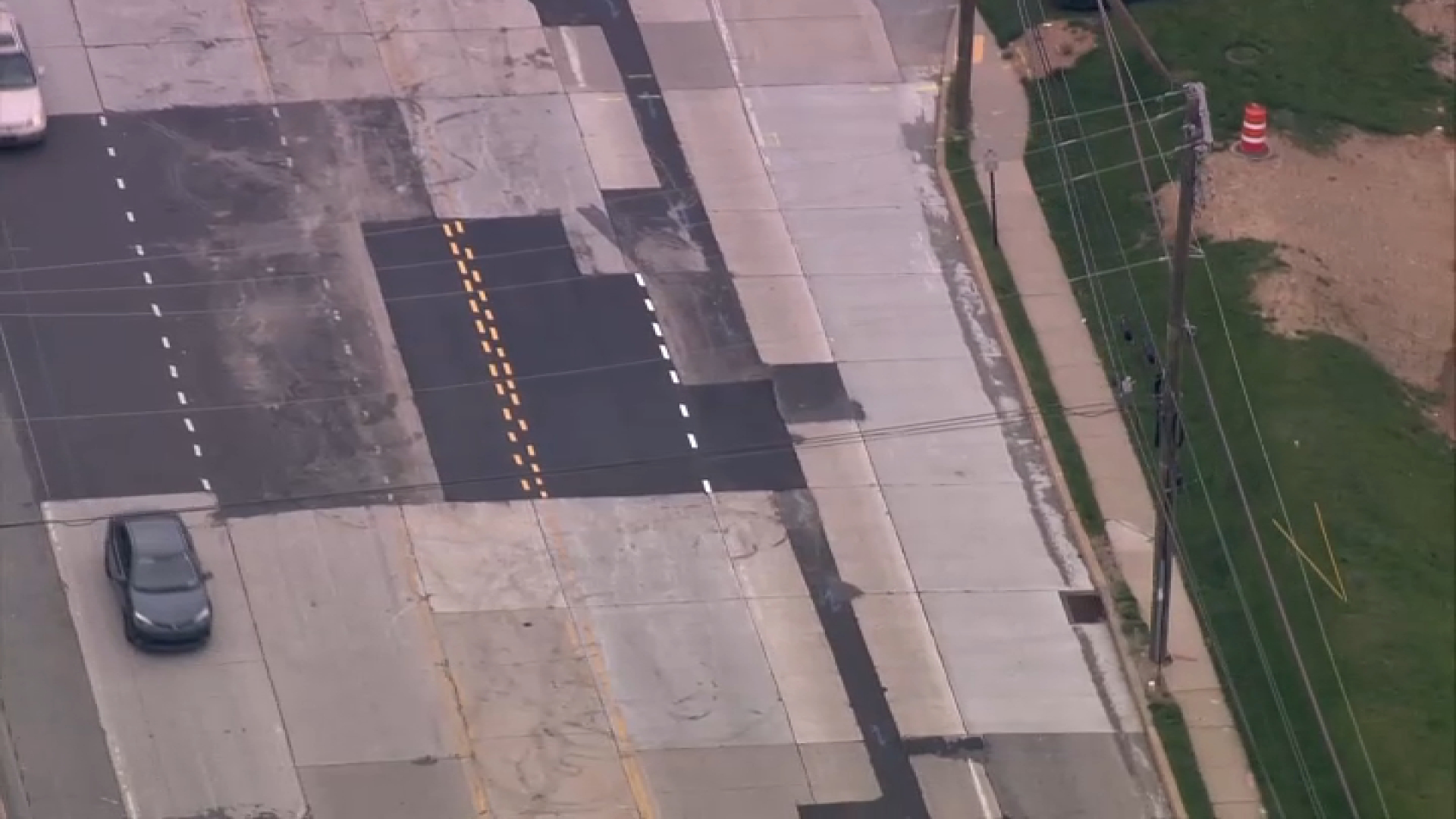Gov. Tom Wolf's office said Friday that it had secured the support necessary to pass major tax legislation in the Republican-controlled House of Representatives in a crucial step toward ending a state government budget stalemate in its sixth month that has crippled some social service agencies.
Wolf's press secretary Jeff Sheridan told The Associated Press on Friday morning that the office was confident that forthcoming tax legislation will pass the House and cap Wolf's quest for a record increase in public school aid and money to close a long-term budget deficit.
The details of the deal have not been made public, but lawmakers briefed by the governor's office said it revolved around an increase in the personal income tax, from 3.07 to 3.3 percent.
Sheridan spoke shortly after the Republican floor leader of the Pennsylvania House told the AP that he planned a Saturday tax vote that is pitting House conservatives against Wolf, the Senate and Democratic lawmakers.
"We are confident that we have the votes to pass this," Sheridan said. "We look forward to this impasse coming to an end so we can move Pennsylvania forward."
A flurry of activity by the governor's office, including telephone calls and meetings with Wolf, came after House Republicans leaders turned against the outlines of a budget deal they helped negotiate with Wolf and the Senate.
On Wednesday, one week shy of the modern-day Pennsylvania record for a budget standoff, House Republican leaders tasked the Democratic governor with coming up with enough support to get an approximately $1.2 billion tax increase through the GOP-dominated House.
Local
Breaking news and the stories that matter to your neighborhood.
Wolf's office has not named names of House Republicans who are willing to cross their leadership. To pass, it will need 102 votes in the 203-member chamber. Top Democrats say that at least 73 out of 83 Democrats will support it, meaning close to 30 out of 119 Republican votes are necessary to pass it.
If it passes, a vote on the main spending bill could follow.
Reed, R-Indiana, declined to say how he would vote.
"We'll see how everything turns out," he said in a brief interview in the Capitol.
The governor's office and House Democrats said a final, bipartisan tax bill had not been finalized as of Friday morning. It was being written Thursday night and, in addition to a personal income tax increase, it was expected to increase taxes on cigarettes and banks.
The income tax increase under consideration, raising it by 7.5 percent, would bring in about $700 million to $800 million a year. It would be the first change in that tax rate since 2004, when a 10 percent hike helped end a nearly six-month stalemate between Democratic Gov. Ed Rendell and a Republican-controlled Legislature.
House Rep. Stephen Barrar, R-Delaware, said the size of the tax increase being requested by Wolf had shrunk dramatically since his March budget proposal and that it was important that the stalemate come to an end.
"I think we need to take the compromise proposal seriously," Barrar said.
Wolf, the Republican-controlled Senate and House Democrats are backing a $30.8 billion spending plan — a 6 percent spending increase — and the accompanying $1 billion-plus tax plan.
Wolf has demanded a tax increase to help wipe out deep public school funding cuts made in 2011 while meeting counties' requests for an increase in social services aid and narrowing a long-term budget deficit.
Senate leaders say they believe it can pass the Senate, and Senate Republican majority leaders signed on in exchange for Wolf's support for legislation they've long sought to overhaul public pension benefits.
However, rank-and-file House Republicans last week stiffened against the bipartisan spending and tax plan, prompting accusations by the governor's office that House GOP leaders had failed to deliver on a budget deal for the second time in a month that they themselves had helped negotiate.



